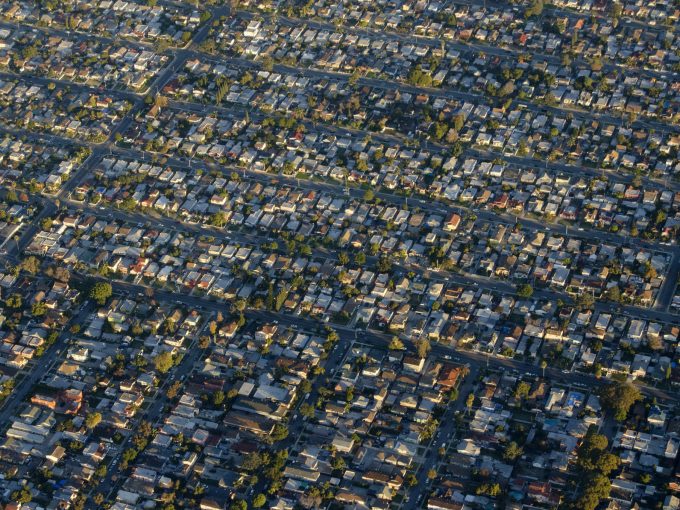An Australian Research Council Discovery grant has been awarded to Professor Libby Porter and Dr David Kelly.
Their project, Precarious dwelling: Encounters with housing crisis, takes a novel approach to understanding precarious living situations.
Rather than focusing on precarious housing alone, the Discovery project will consider the broader experience of dwelling – an idea that considers not just shelter or a physical place, but also encompasses the sense of stability, safety and belonging, including belonging to Country.
The project also considers how Australia’s history, its very inception based on the displacement and marginalisation of Indigenous people, affects current dwelling precarity more broadly.
“These matters raise vital questions about how to attend to the links between contemporary Australian housing systems and the colonial myth of terra nullius that has informed people–place relationships here since colonisation” Prof Porter argues.
Understanding the dwelling experience of Indigenous people will make up a significant component of this ethnographic project, which focuses on the experiences of dwelling precarity linked to two distinct displacement experiences.
The first is that of Indigenous people, for whom the colonial experience is one of dispossession and displacement. The second are people experiencing precarity in other forms, including public housing residents impacted by the Public Housing Renewal Program; private and social tenants experiencing eviction or threat of eviction; and people sleeping rough or housed in short-term crisis accommodation.
Through interviews and more immersive ethnographic methods, Prof Porter and Dr Kelly aim to better understand the lived experience of dwelling precarity, and to also understand where these experiences intersect with state policy.
Crucially, one of the questions this project seeks to address is how and where do people dwelling precariously encounter the state and what does this reveal about the policy environment that might create, sustain or remedy precarious dwelling. “Our relational approach with the project will leave open the possibility that the levers for change are not where we think they might be,” Dr Kelly said.
By understanding the lived experience of dwelling precarity, and how these experiences interact with the state, the project ultimately aims to identify areas for change to benefit those experiencing dwelling precarity, grassroot organisations, policymakers and practitioners.
The project builds on a number of significant projects in the same space currently being undertaken by the two chief investigators. David Kelly will this year begin a Vice-Chancellor Fellowship to undertake a project focusing on housing adequacy, to inform service and infrastructure provision in housing and non-housing policy realms.
Professor Porter and Dr Kelly have published a series of analyses of both the Public Housing Renewal Program and the Big Housing Build, as well as critical commentary, with Kate Shaw, on the corporatisation of community housing organisations and, with student Ruby Capp, a critical assessment of the use of social mix in public housing renewal.
Story: Jenny Lucy





